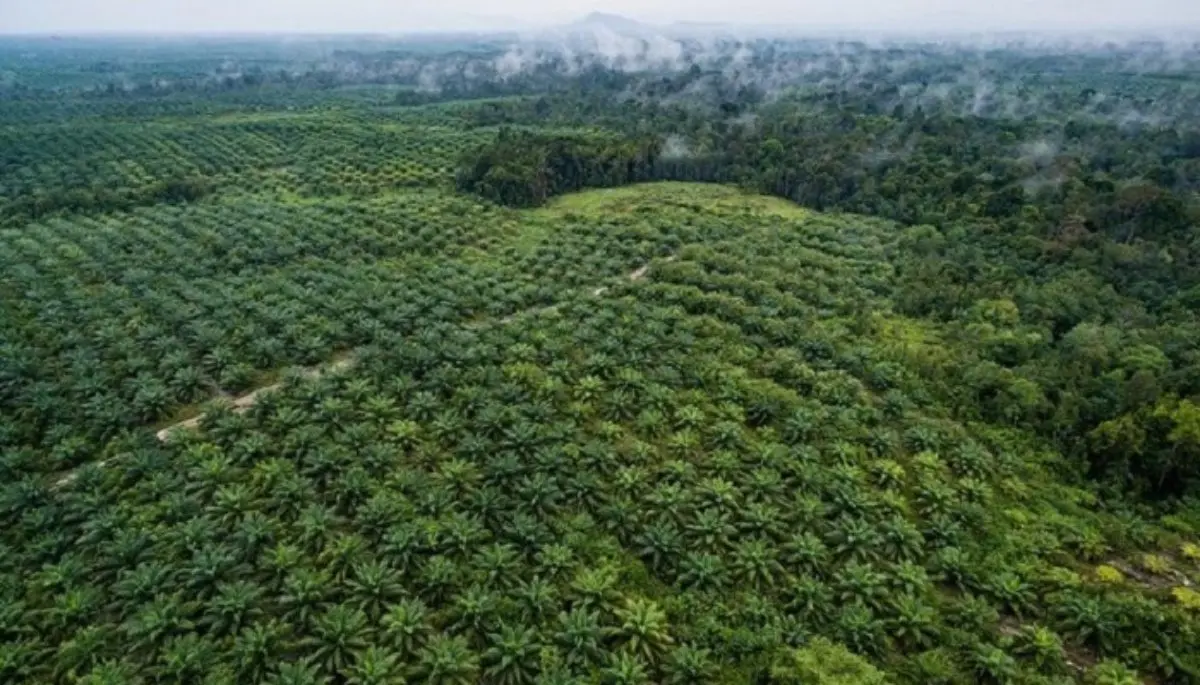
Do you want to access to this and other private contents?
Log in if you are a subscriber or click here to request service
The role of palm oil in achieving the United Nations SDGs
A report from the Cmcc foundation/Attachment

Investigate and investigate "The socio-economic aspects related to palm oil production and the achievement of sustainable development goals" to contribute to a more informed debate and outline the possible contribution of palm oil production to achieving the sustainable development goals of the United Nations. This is the main intent of the recent analysis conducted by the Cmcc foundation (Euro-Mediterranean...
hef - 19815
EFA News - European Food Agency
EFA News - European Food Agency